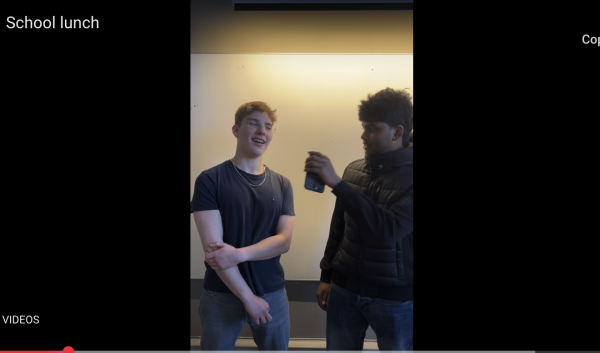Stressed about Making Decisions?
This is part 2 in our psychology series. It explains how peak-end-rule influences our decision making process.
Peak-end Rule
The IB Diploma Programme is known for its academic difficulty: it is usually the first thing that prospective students think about when making a decision about entering it. However, those choices are not always objective and can often be affected by the Peak-End rule. The Peak-End rule states that after the end of an experience most people are likely to remember either the most intense moment or the most recent events more vividly than the entirety of the experience. In the IB, it may often affect the way the students perceive the programme. When thinking about it, they are more likely to easily recall the most intense events, like the stressful exam seasons or the deadlines piling up due to procrastination and causing extra stress, which leads to them perceiving the entirety of the programme as really difficult, even though that is not fully true.
The Peak-End rule is also evident in the way the alumni may perceive their high school experience as a whole. After graduation, the majority will either remember the most intense, often the worst, moments of their studies, like stress, or the intense feeling of relief right after finishing the exams. This may result in dramatically different perceptions of the IB: while one person might see it as the worst period of their life due to the constant stress, the other will be ecstatic about finally going through with it and will remember the happiest moments. Overall, the peak-end rule is a good reason for the varying distorted perceptions of the exact same experiences. That’s why it is important to try to be objective and evaluate the factual events rather than the emotions associated with them when forming opinions about something.
by Mariana P. and Molly L.






